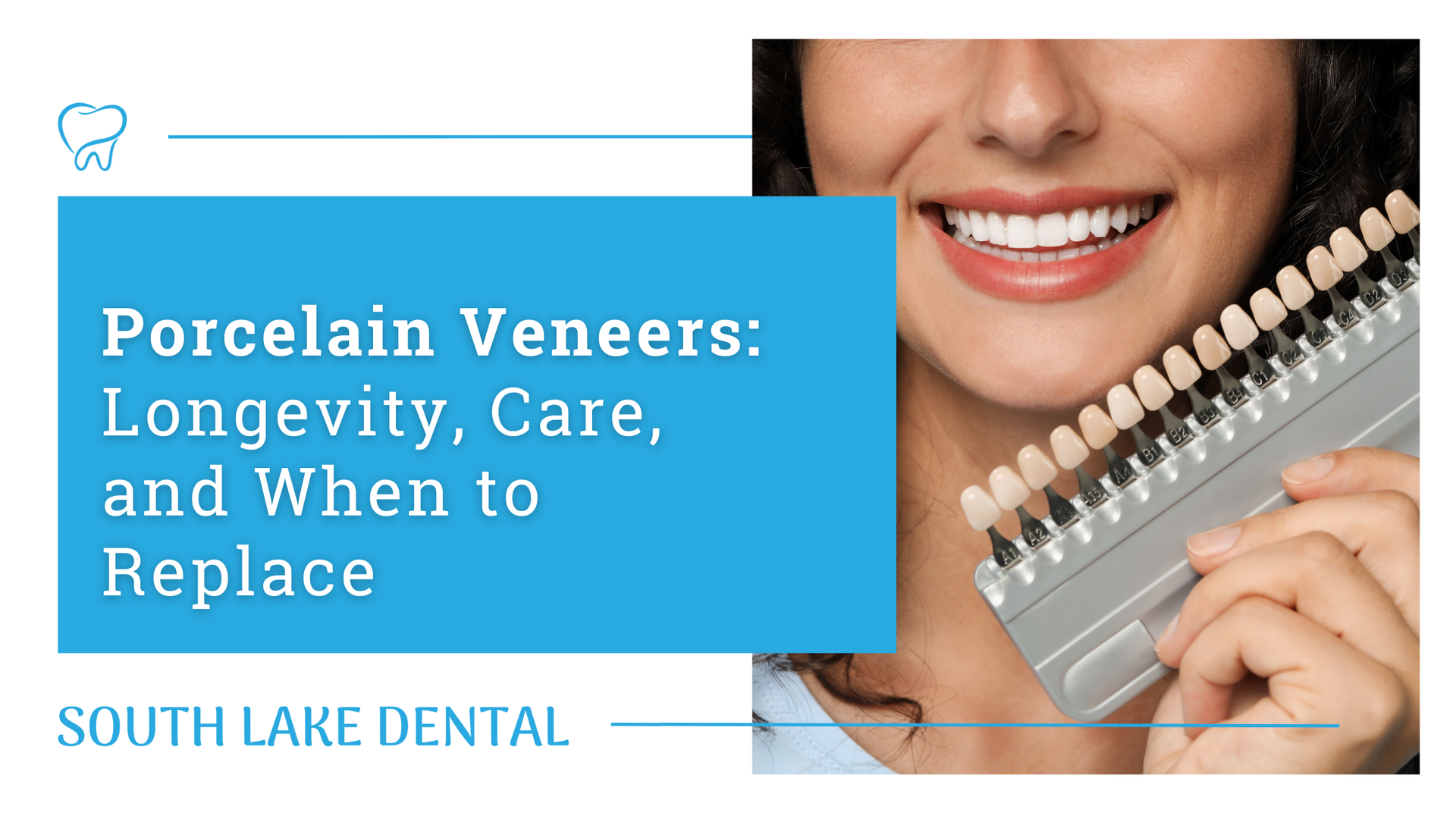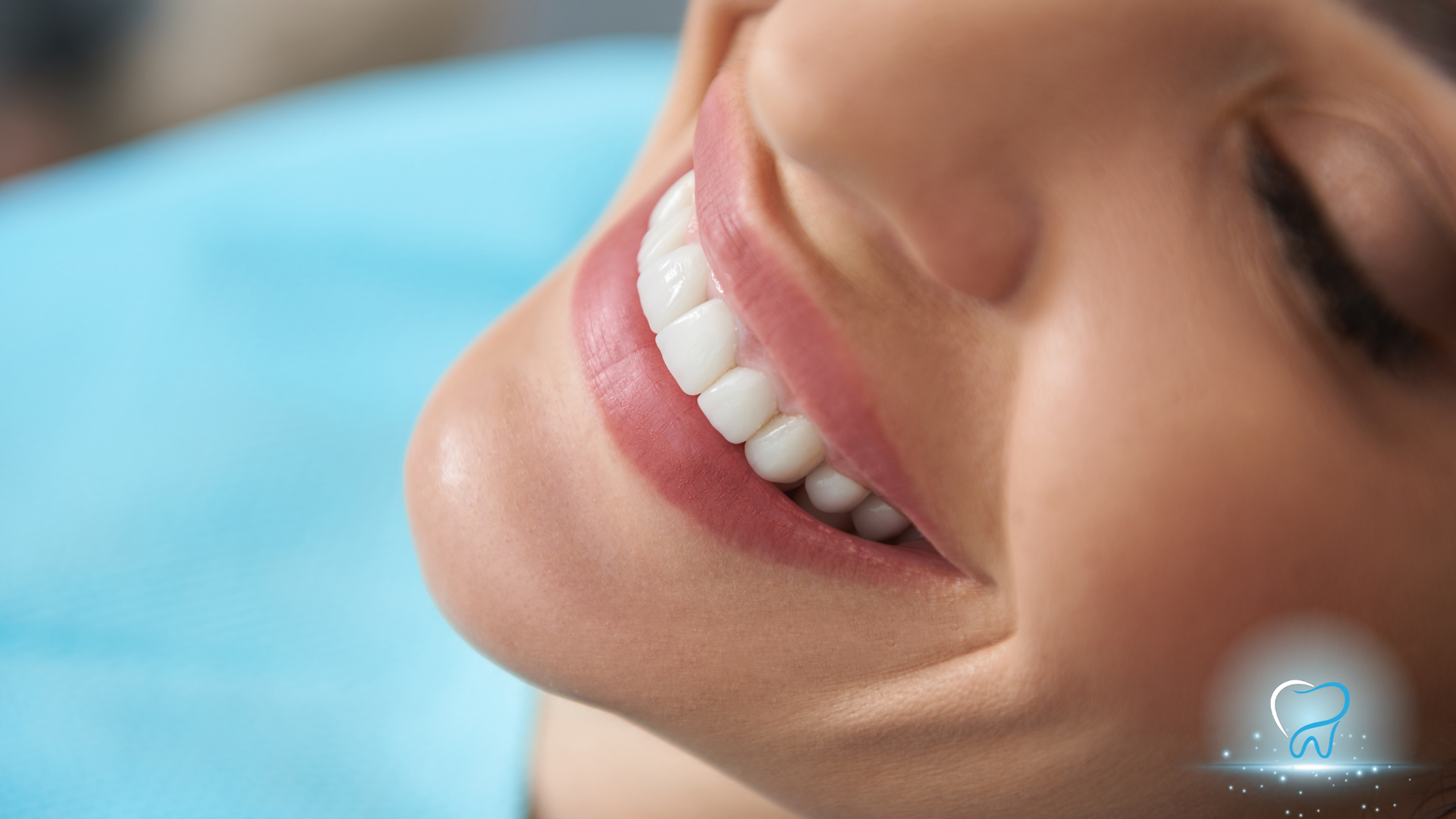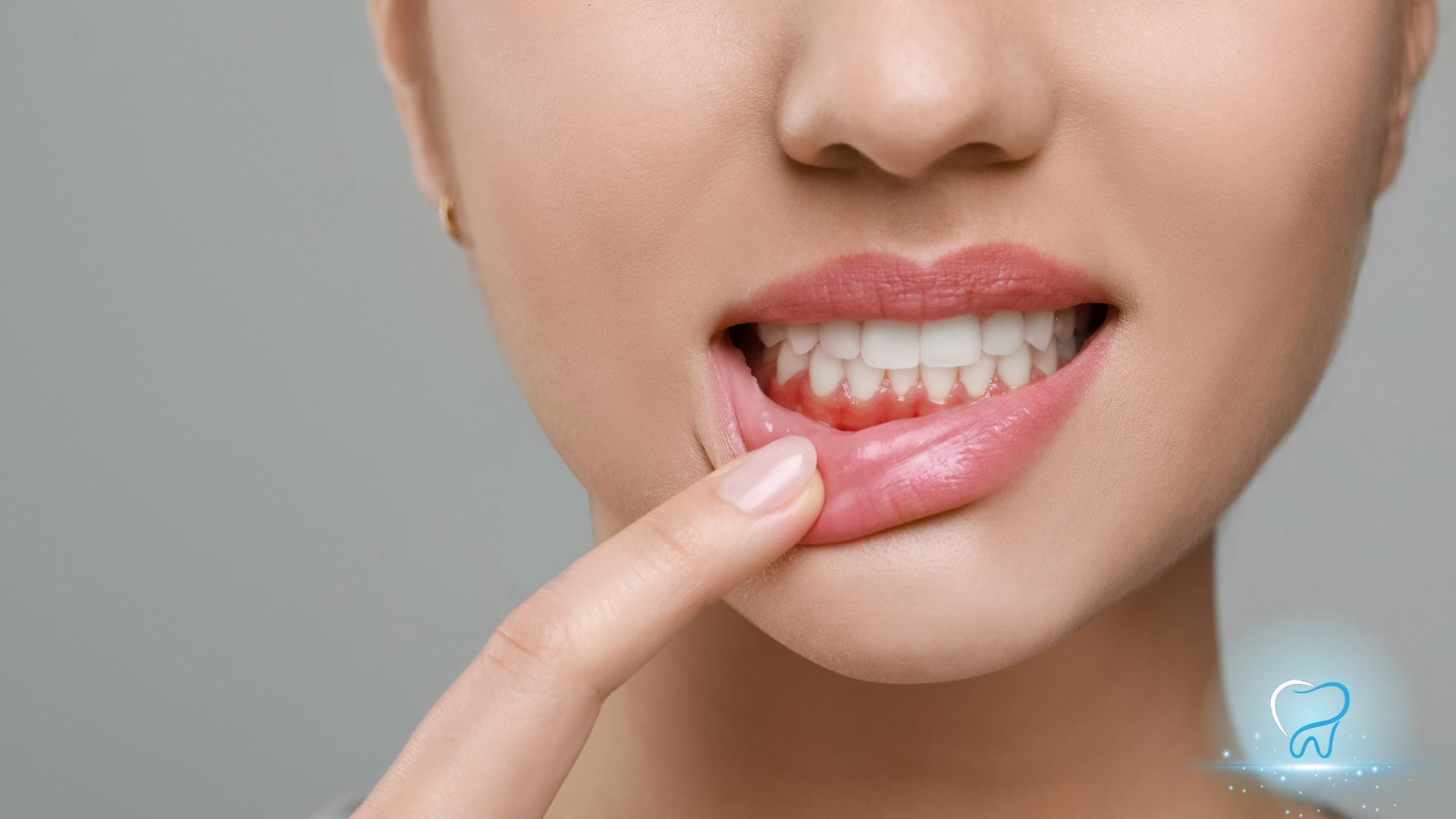Porcelain Veneers: Longevity, Care, and When to Replace

Source: Dr. Marketing
A beautiful smile is often seen as timeless—but even the enhancements behind it have a lifespan. Porcelain veneers, widely known for their ability to transform chipped, stained, or uneven teeth into a flawless smile, are among the most popular cosmetic treatments in dentistry. But one question tends to linger in the minds of patients long after the placement: how long will these veneers actually last?
The answer, as with most things in dentistry, is not fixed. While porcelain veneers are incredibly strong and durable, their longevity depends less on the material and more on how well they are cared for over time. With proper maintenance and healthy habits, porcelain veneers can last 10 to 15 years, and often even longer. However, without those habits, they may begin to show signs of wear or need replacement sooner than expected.
So instead of focusing on how long veneers are “supposed” to last, let us focus on what actually makes them last.
Care Starts the Day They are Placed

The moment your veneers are bonded to your teeth, you have entered a long-term relationship with them. And like any relationship, how you treat them determines how well they hold up. Porcelain itself is resistant to stains and more durable than composite materials, but it is not indestructible. The real vulnerability lies not in the porcelain, but in the natural tooth underneath and the gum tissue surrounding it.
Veneers rely on a strong bond to the underlying enamel. If that enamel becomes compromised—due to decay, gum disease, or trauma—the veneer may loosen or fail. This is why a solid oral hygiene routine is non-negotiable. Brushing twice daily with a non-abrasive fluoride toothpaste, flossing to remove plaque along the gum line, and using an alcohol-free mouthwash can all help preserve the underlying tooth structure. A healthy base means a longer life for the veneer above it.
Daily Habits That Can Make or Break Their Lifespan

What you do with your teeth daily plays a huge role in how long veneers last. While they are designed to handle everyday biting and chewing, they are not meant to endure abuse. Using your teeth to open packaging, biting nails, or crunching on hard objects like ice or unpopped popcorn kernels can introduce small fractures or chips—sometimes without you even realizing it until it is too late.
Another major concern is teeth grinding, also known as bruxism. Even if veneers are crafted with durability in mind, clenching or grinding your teeth at night can wear them down, affect the bond to the natural tooth, or even cause them to crack. If you have ever woken up with jaw tension, or if our dentist has noticed worn enamel on your molars, wearing a custom night guard while you sleep is one of the most effective ways to protect your veneers from this kind of hidden damage.
Gum Health is Smile Health

Veneers do not extend below the gum line, but the gum line plays a significant role in the overall success of your treatment. If the gums begin to recede—whether due to aggressive brushing, untreated inflammation, or periodontal disease—the edges of veneers can become exposed. This may create noticeable margins that affect both aesthetics and hygiene, and it increases the risk of decay near the bond.
Maintaining gum health through gentle brushing, regular flossing, and routine professional cleanings is just as important as caring for the veneers themselves. Healthy gums not only support your teeth—they protect the edges of your veneers and preserve the seamless look you started with.
Do not Skip Dental Visits
One of the best ways to prolong the life of your veneers is by keeping up with routine dental checkups. Our dentists are trained to spot early signs of wear, changes in bite, or subtle gum recession that you may not notice on your own. Small adjustments or timely repairs can often prevent the need for full replacements later on.
Professional cleanings also help remove plaque and tartar from areas that at-home brushing and flossing might miss, especially around the edges where the veneer meets natural tooth structure. And while veneers themselves do not stain easily, the bonding material around them can discolor over time—so polishing and gentle maintenance go a long way in keeping your smile bright. South Lake Dental has been a trusted part of the Pasadena community, committed to providing thoughtful guidance on Porcelain Veneers.
A Word on Staining and Discoloration

Porcelain is more resistant to stains than natural enamel, which is one of the reasons veneers maintain their brilliance for so long. But the surrounding natural tooth structure and bonding material can still darken over time. Common culprits include coffee, tea, red wine, berries, and tobacco.
While it is not necessary to avoid these entirely, being mindful of frequency and rinsing your mouth with water after consuming staining foods can reduce buildup. Brushing shortly afterward—without being overly abrasive—also helps maintain the color consistency of your smile.
When Veneers Eventually Need Replacement

Even with excellent care, veneers are not permanent. Over time, the fit may become less precise as the gum line naturally changes or as wear accumulates. That does not mean the original treatment failed—it simply means your smile is evolving, and your veneers need to evolve with it.
Replacing veneers after a decade or more often feels less like a correction and more like an upgrade. Dentistry continues to advance, and newer materials and techniques may offer even better results the second time around. If your veneers no longer feel or look the way they once did, we can evaluate whether a refresh is appropriate.
The Real Answer to the Longevity Question

When people ask how long porcelain veneers last, they are really asking: Can this smile stay as beautiful as it is today? And the answer is yes—with care. Porcelain veneers typically last 10 to 15 years with proper care. In some cases, they can last even longer, depending on lifestyle habits and oral hygiene. Regular checkups help ensure they remain functional and natural-looking over time.
Making veneers last is not about luck or having the perfect bite. It is about brushing with intention, avoiding careless habits, protecting your teeth while you sleep, staying up to date with cleanings, and treating your veneers as the valuable investment they are. A veneer’s job is to transform your smile. Your job is to make sure that smile lasts.
If you already have veneers or are considering them, know that their success depends on more than just placement—it depends on partnership. When your dental team and your habits work together, your veneers can stay beautiful, functional, and strong for many years to come. With a focus on comfort and communication, South Lake Dental in Pasadena is here to help you make informed decisions about your oral health, every step of the way.
Share
Related Posts



